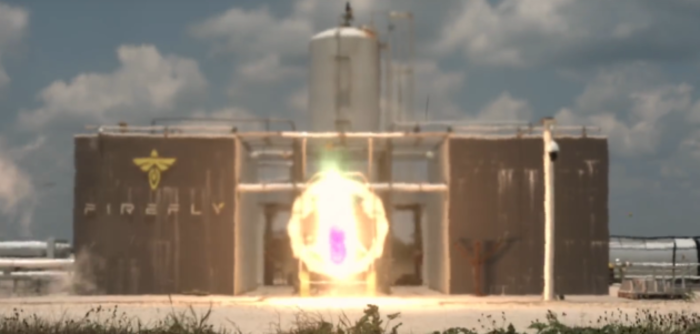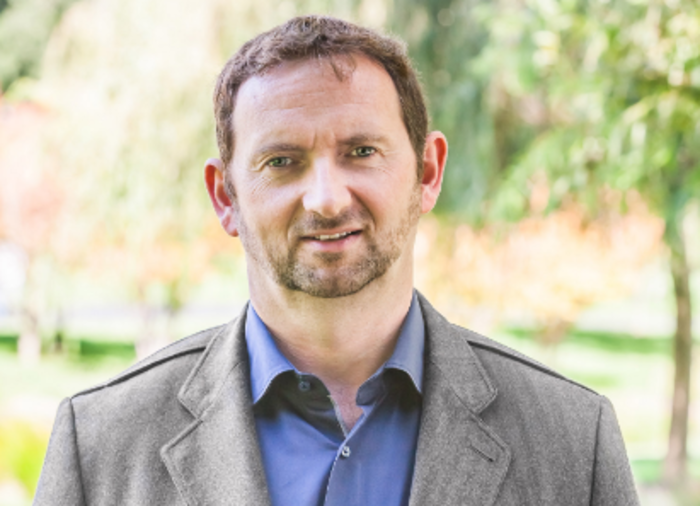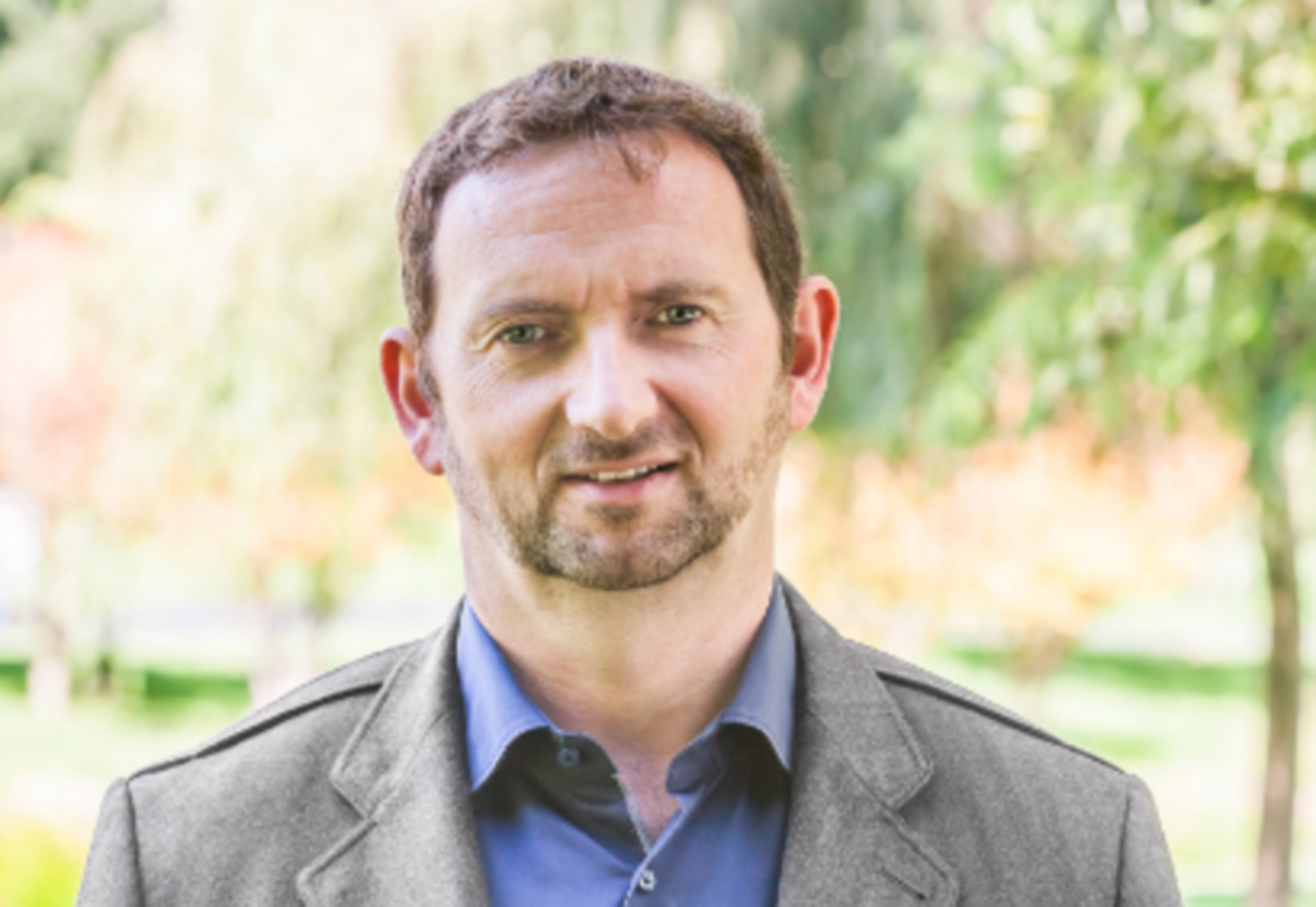'We were unlucky': A Galway native's $20m-backed US space startup has gone bust
Firefly Space Systems had agreed a launch contract with US state space agency Nasa.
THE GALWAY NATIVE behind a promising US space startup says that a combination of bad timing – and bad luck – killed his company.
Austin-based Firefly Space Systems, which was co-founded by PJ King in 2014, was one of several startup companies trying to use small launch vehicles to put satellites into orbit at a fraction of the price of normal rockets.
King was among Ireland’s earliest tech entrepreneurs and was previously involved in the sale of two companies, Clockworks International and CNG Travel group.
Firefly had announced contracts with the likes of US state space agency Nasa and raised around $20 million in venture capital from investors, however the company’s founders ran into major problems when a key financial backer pulled out.
It had to ‘furlough’ the vast majority of its 150-plus workforce – with employees put on temporary, unpaid leave – as it hunted for more money, while a trade sale was also reportedly on the table.
King previously told Fora that Firefly was looking to raise between $20 million and $70 million, however it was unsuccessful and the company recently filed for Chapter 7 bankruptcy.
The move is the equivalent to a liquidation in Ireland, where all of the company’s business interests are wound up as creditors try to get their money back. Firefly’s assets were all put up for sale at a public auction.
 Firefly tests its rocket engines:
Firefly tests its rocket engines:
‘Unlucky’
Speaking to Fora, King said that the company was unlucky – that its failure was due to losing the financial support of an important backer at short notice.
“Our investors pulled out at exactly the wrong time. It was nothing to do with us, it was to do with their own internal finances.”
He said that the investor – who he did not identify – was due to receive funding of its own, however this fell through.
“That had a knock-on effect; it’s unfortunate, but it happens in life,” he said.
“If it had happened about six months later I don’t think it would have been an issue as we would have been able to adjust, but we had only three days notice (when they decided to pull out)”.
King said that there was a market demand for the company’s rockets, as evidenced by its success in winning business.
In a November statement, Firefly said it had received ‘letters of intent” for 42 launches to the end of 2021 for a combined value of more than $300 million.
“The classic reason a startup doesn’t work is usually with the market: either someone imagines a big market where there isn’t one, or they think they can win customers more easily than they can,” King said.
“We had no issue with products or customers. When (the investor pulled out), our burn rate was very high because we were trying to meet the contracts we had.
“When they pulled out we had to furlough staff, and then another investor coming in gets riskier and riskier and you lose momentum. You run out of time quickly.”
Before it went bankrupt, Firefly been locked in a legal battle with Richard Branson’s Virgin Galactic in an intellectual property dispute, with Galactic claiming that one of Firefly’s employees stole spacecraft designs from the company.
King previously said that the issues were “entirely coincidental” and said that Firefly based its technology on open-source Nasa literature. He claimed the lawsuit was baseless.
 PJ King
PJ King
Impact
Asked if it was hard to tell staff the company was going under, the Galway native said: “It was very difficult and upsetting.
“What I’ll always remember is the day I let everyone go, I walked out to my car and there was a note under the wiper saying: ‘Thanks for everything, from the Firefly employees’. It was very kind, considering the bad news.”
King said that many of Firefly’s employees have already gone on to work with other large companies, and he hopes his former workers go on to do great things.
Asked what he is planning to do now, he said: “I was approached by several different companies, but I think I’ll take some time out before I decide what I’ll do next. I’m going to do something I rarely do, which is go on holidays.”






